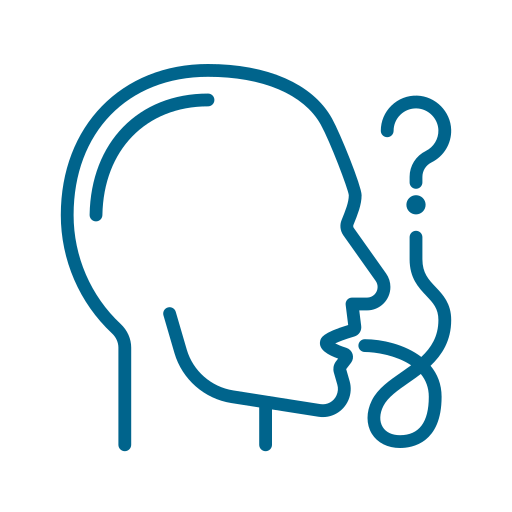Diagnoses Treated
- Articulation Disorders – Difficulty pronouncing sounds or words.
- Apraxia of Speech – A motor speech disorder where the brain has difficulty planning and coordinating the muscle movements required for speech.
- Dysarthria – A condition involving weak or difficult-to-control speech muscles, often caused by neurological conditions like stroke or Parkinson’s disease.
- Aphasia – A disorder resulting from brain injury (often stroke) that impairs the ability to understand or produce language. Types include:
- Broca’s Aphasia (non-fluent)
- Wernicke’s Aphasia (fluent)
- Global Aphasia (severe, affecting both speech and comprehension)
- Anomic Aphasia (difficulty finding words)
- Cognitive-Communication Disorders – Impaired ability to use cognitive functions (like attention, memory, or executive function) for communication. Often seen after brain injury, stroke, or dementia.
- Voice Disorders – Disorders affecting the quality, pitch, or volume of the voice, such as:
- Hoarseness
- Vocal Cord Paralysis
- Spasmodic Dysphonia
- Muscle Tension Dysphonia
- Oral Dysphagia – Difficulty with the preparation and movement of food or liquid in the mouth.
- Pharyngeal Dysphagia – Difficulty in moving food or liquid from the back of the mouth into the esophagus.
- Esophageal Dysphagia – Difficulty in the esophagus, often due to narrowing, obstruction, or motility problems.
- Silent Aspiration – When food or liquid enters the airway without coughing or showing obvious signs.
- Neurological Swallowing Disorders – Often resulting from conditions like stroke, brain injury, or Parkinson’s disease.
- Parkinson’s Disease – Affects speech (hypophonia), swallowing, and cognitive communication.
- Stroke – Leads to aphasia, apraxia, dysarthria, and dysphagia.
- Multiple Sclerosis – Can result in dysarthria, dysphagia, and cognitive communication disorders.
- Traumatic Brain Injury (TBI) – Can cause aphasia, apraxia, dysarthria, cognitive-communication deficits, and swallowing difficulties.
- Amyotrophic Lateral Sclerosis (ALS) – Leads to progressive dysarthria and dysphagia.
- Dementia – Including Alzheimer’s disease and other forms, causing issues with language, memory, cognition, and swallowing.
- Huntington’s Disease – Affects speech, swallowing, and cognitive communication.
- Trauma to the Head or Neck – Resulting in speech, voice, or swallowing difficulties.
- Cancer Treatment Effects – Such as surgery, radiation, or chemotherapy affecting the mouth, throat, or larynx, leading to voice, speech, or swallowing issues.
- Meningitis – Can cause neurological deficits affecting speech and language.
- Cerebral Palsy – Adults with cerebral palsy may still experience speech, language, and swallowing issues.
- Psychogenic Voice Disorders – Psychological factors leading to voice issues (e.g., mutism, dysphonia).
- Social Communication Disorders – Difficulty with social interaction, turn-taking, and understanding conversational cues (sometimes seen in autism spectrum disorder or other conditions).
- Developmental Disabilities (for adults) – Some adults with developmental disabilities continue to require speech-language therapy for communication and social interaction.
- Mild Cognitive Impairment – A condition that can affect communication, memory, problem solving, and home safety leading to falls.
- Learning Disabilities – Impacting adults who may struggle with reading, writing, or understanding language.
- AAC Device Trials- The need for a communication device to assist with partial or full communication needs.

